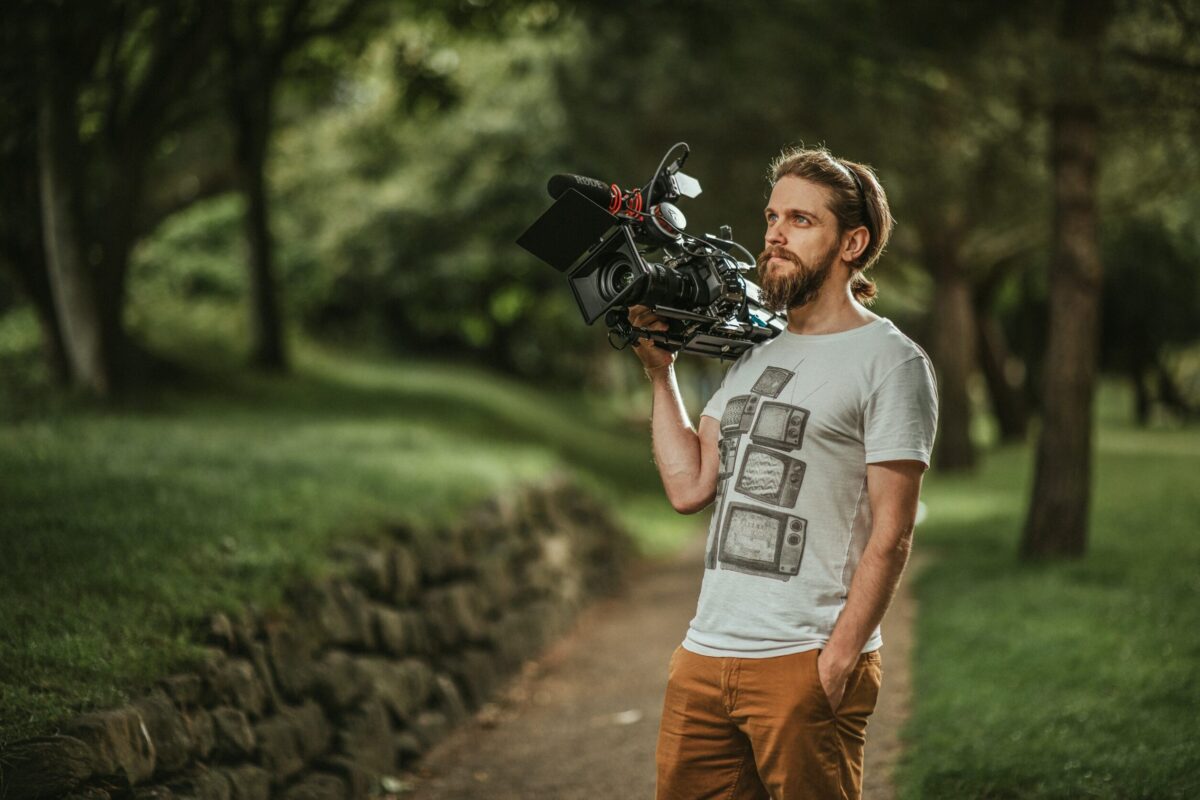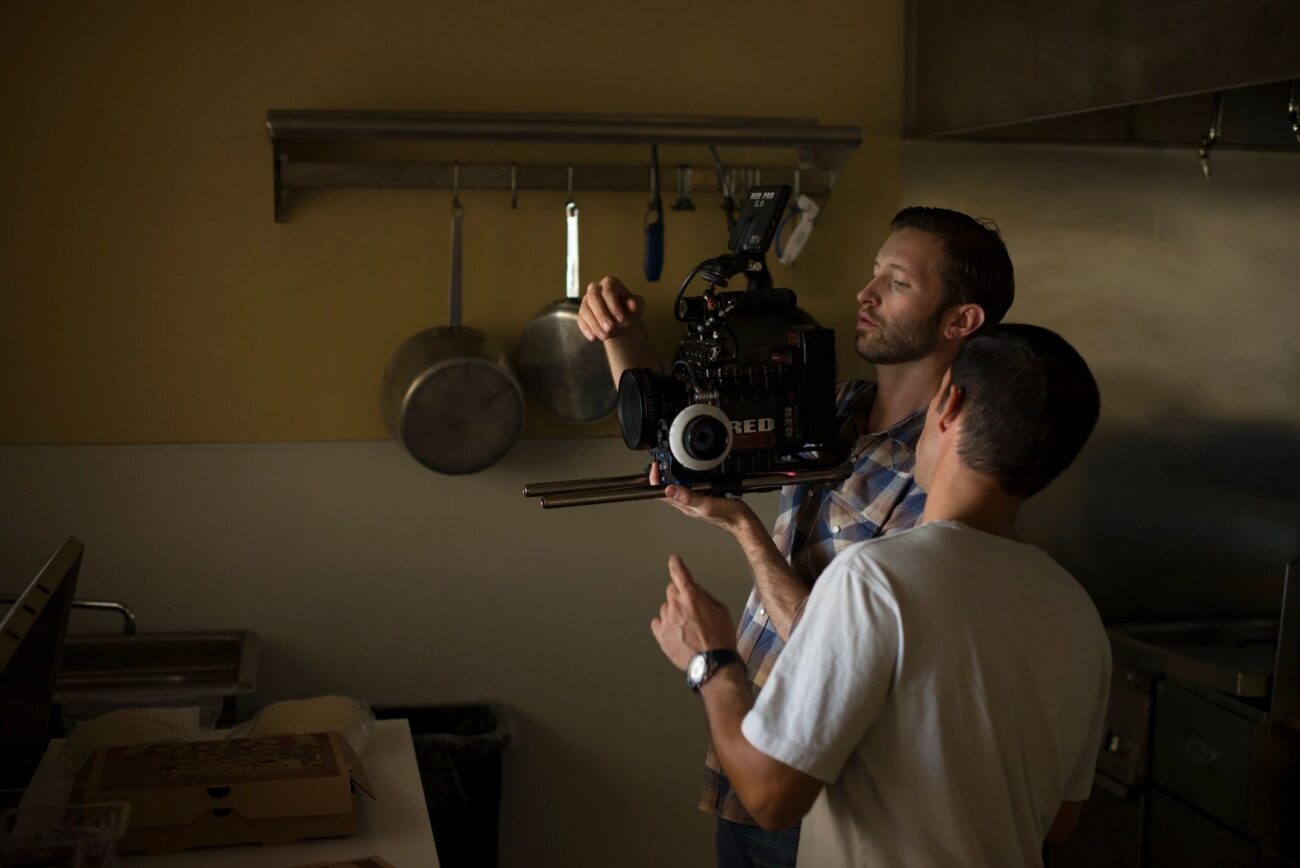A camera operator uses digital camera equipment to record video footage for motion pictures, television programs, music videos, commercials, news and sporting events.
Often, multiple camera operators work on the same production, each assigned to a different camera. Sometimes, one operator remotely controls several robotic cameras. These approaches allow for capturing the same events from multiple angles.
Camera operators typically work as part of a larger production crew and must coordinate their work with directors, producers, cinematographers, sound and lighting technicians, and production assistants, in order to reflect the project’s creative vision.
On smaller projects, a camera operator may also perform the duties of the video editor, which means that they use computer software to edit the footage they captured.
A camera operator must be familiar with a variety of recording equipment, such as hand-held cameras, robotic cameras, drone cameras, mounting equipment, lighting kits, and audio recording equipment.
Source: Bureau of Labor Statistics, U.S. Department of Labor, Occupational Outlook Handbook, Film and Video Editors and Camera Operators,
on the Internet at https://www.bls.gov/ooh/media-and-communication/film-and-video-editors-and-camera-operators.htm












